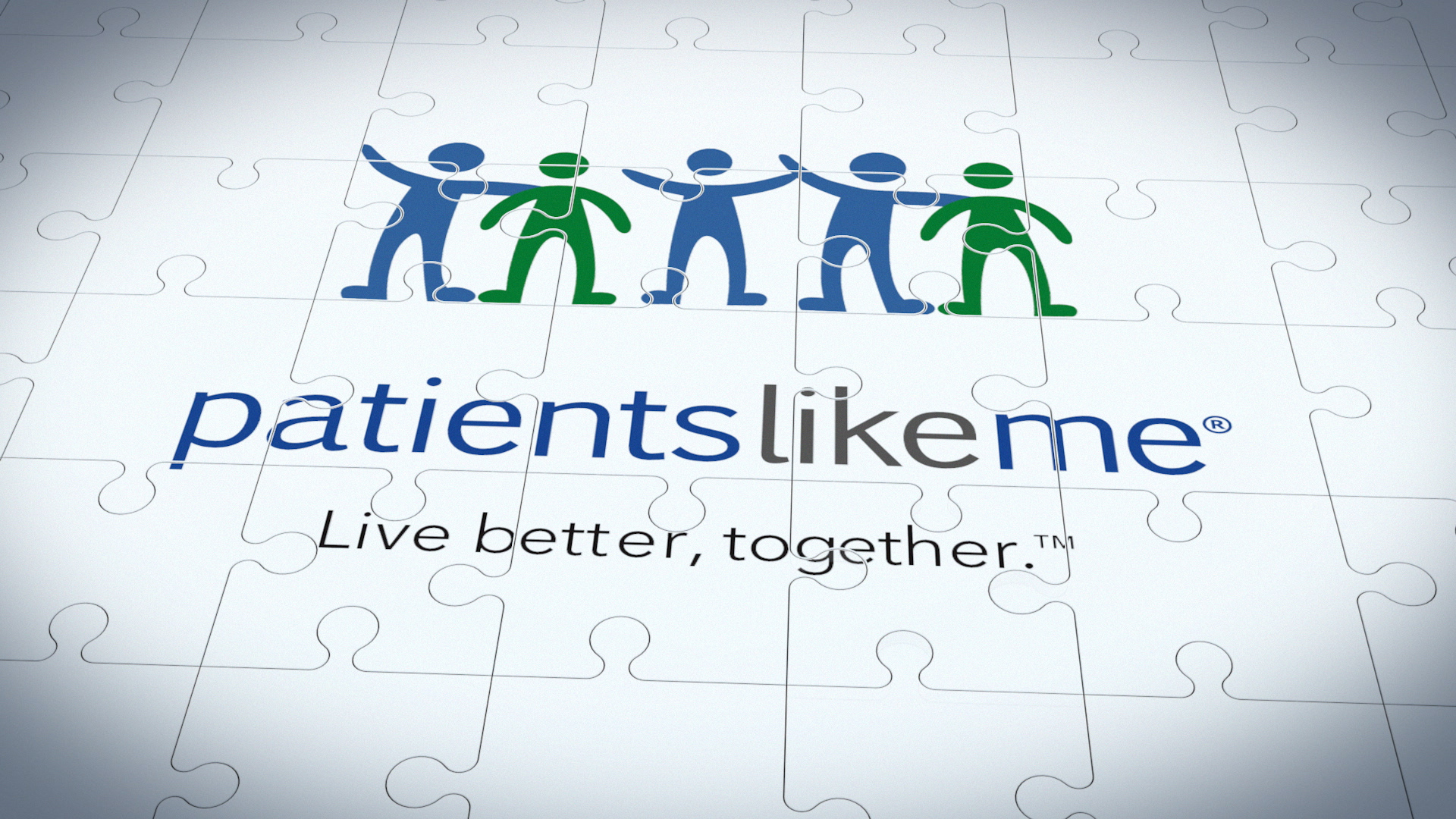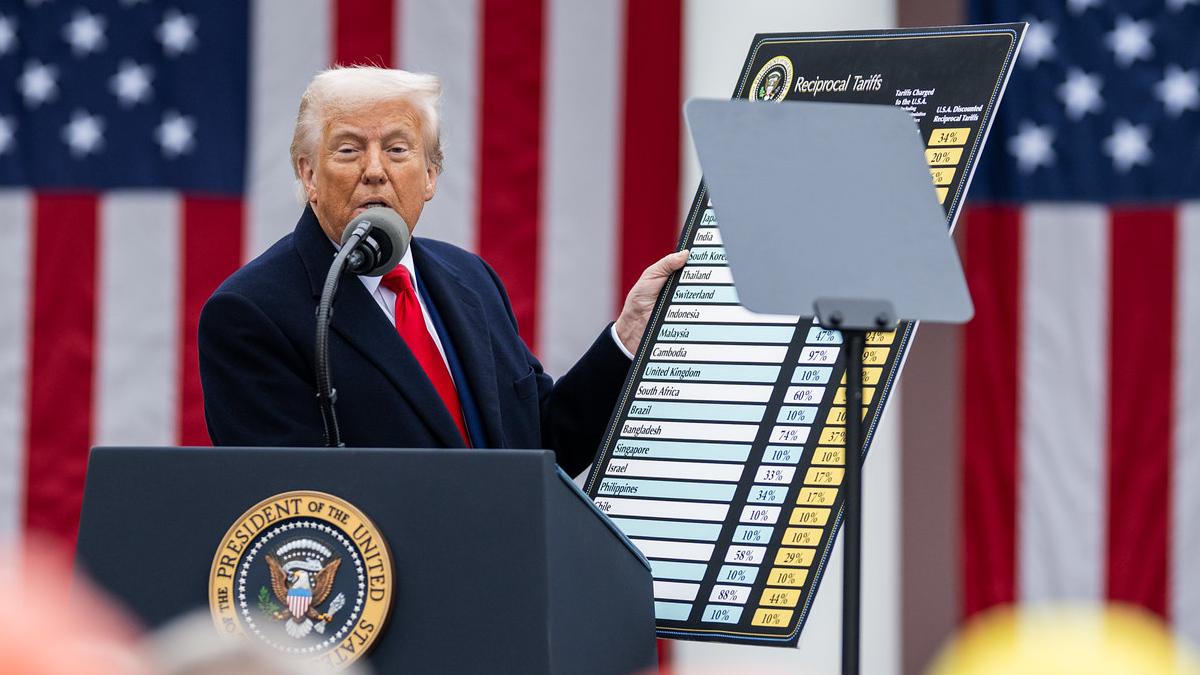UnitedHealth buys PatientsLikeMe after Trump intervention

The US health services giant UnitedHealth Group has bought PatientsLikeMe, which had been forced to find a buyer by the Trump administration because of its links with China.
PatientsLikeMe made the move after being forced by US officials to cut financial ties with the Chinese tech giant Tencent.
Escalating trade tensions has led to increasing US government scrutiny of tech firms and their links with China.
According to press reports, an internal email has revealed that PatientsLikeMe has been bought by UnitedHealth Group.
The internal email cited by news outlets such as CNBC and MobiHealthNews said that PatientsLikeMe joined UnitedHealth’s research and development group last Wednesday.
According to the email, personal data will not be transferred that wasn’t part of any original patient consent agreements.
PatientsLikeMe provides an online service helping patients find people with similar health conditions.
There will be no changes to the PatientsLikeMe name or membership, and its community will remain in place, allowing members to continue to connect, track and share information with others.
There was no word of the change on the PatientsLikeMe website, but CNBC said CNBC’s founder Jamie Heywood had confirmed the news.
The site’s problems with the Trump administration stem from a $100 million fundraiser in 2017 when it sold a majority stake to Shenzhen-based iCarbonX.
This was started by genomic scientist Jun Wang and is backed by Chinese tech giant Tencent, and the deal drew scrutiny from the Committee on Foreign Investment in the United States (CFIUS).
It has been aggressively cracking down on Chinese investment in US companies, particularly if it feels this threatens national security or trade secrets.
In April CFIUS forced a divestiture by iCarbonX meaning it had to find a buyer. PatientsLikeMe had begun to receive notifications from the committee late last year.
The committee is particularly concerned about PatientsLikeMe because of the sensitive patient data that it collects from their profiles to help with its operations.
In a similar development last month, Chinese gaming firm Beijing Kunlun said it had agreed to a request from the committee to sell the gay dating app Grindr by June 2020.
Kunlun took over Grindr through two separate deals between 2016 and 2018 without submitting the acquisition for CFIUS review.
The CFIUS is concerned because Grindr’s database contains personal information such as a user’s location, messages, and HIV status.













